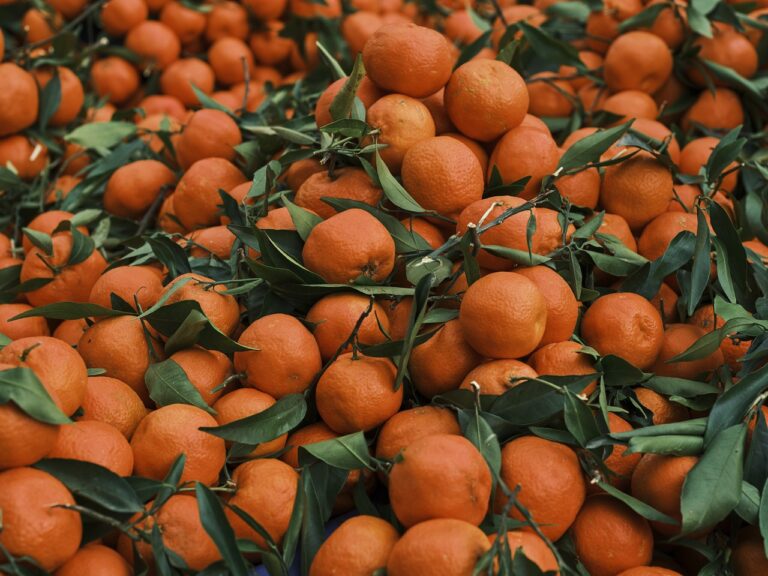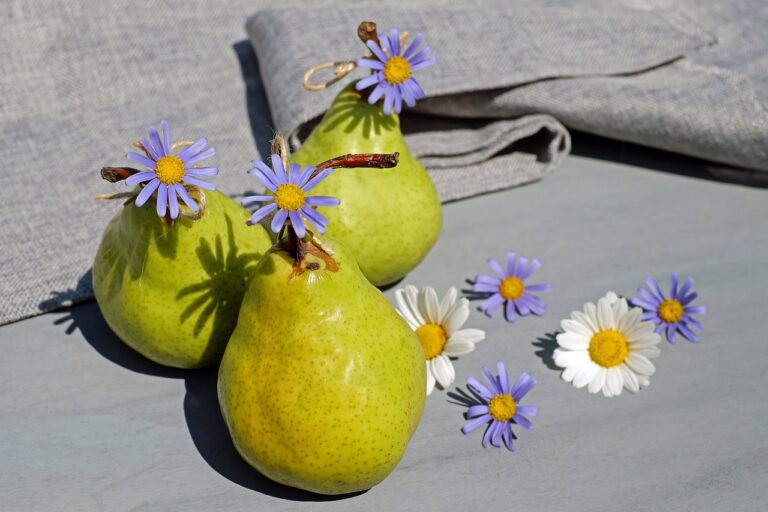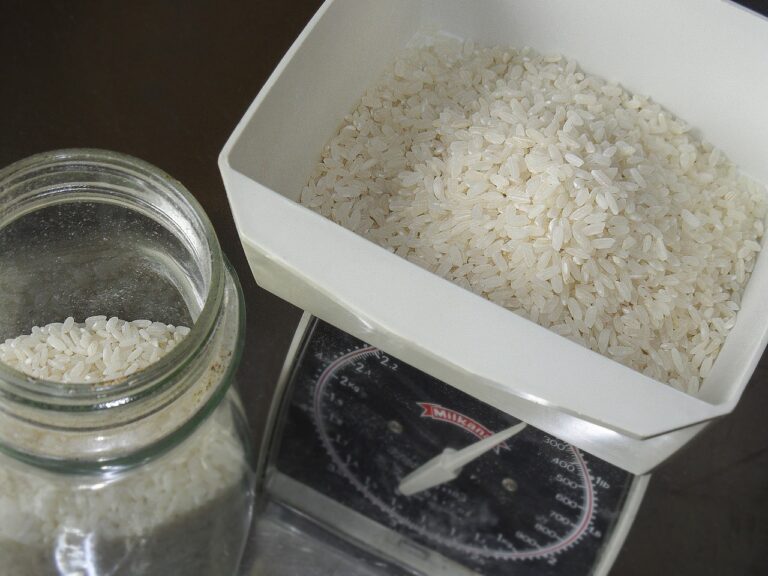The Role of Microbreweries in Supporting Local Pollinator Habitats: Laserbook247, Lotus 299.com, 11xplay reddy login password
laserbook247, lotus 299.com, 11xplay reddy login password: Microbreweries have been gaining popularity in recent years, offering beer enthusiasts a wide range of unique and flavorful options to choose from. But beyond just brewing tasty beverages, many microbreweries are also playing a significant role in supporting local pollinator habitats.
Pollinators, such as bees, butterflies, and other insects, play a crucial role in our ecosystem by pollinating plants, which helps produce fruits, vegetables, and other crops. Unfortunately, pollinator populations have been declining due to factors like habitat loss, pesticide use, and climate change. This decline poses a significant threat to food production and biodiversity.
Microbreweries, with their focus on sustainability and community engagement, are stepping up to support pollinators and help reverse this trend. By implementing various practices and initiatives, these breweries are not only creating delicious beers but also contributing to the preservation and restoration of pollinator habitats.
Here are some ways in which microbreweries are supporting local pollinator habitats:
1. Planting Pollinator-Friendly Gardens
Many microbreweries are incorporating pollinator-friendly gardens into their landscapes, filled with native plants that attract bees, butterflies, and other beneficial pollinators. These gardens not only provide food and shelter for pollinators but also create a beautiful and inviting space for visitors to enjoy.
2. Installing Beehives
Some microbreweries have taken their support for pollinators a step further by installing beehives on their premises. These beehives not only produce delicious honey that can be used in brewing beer but also help to boost local bee populations and increase pollination in the surrounding area.
3. Using Organic Ingredients
Many microbreweries are choosing to source organic ingredients for their beers, which not only supports sustainable agriculture but also helps to protect pollinators by reducing pesticide use. By opting for organic hops, grains, and other ingredients, breweries can help create a healthier environment for bees and other pollinators.
4. Partnering with Conservation Organizations
Some microbreweries are partnering with local conservation organizations and beekeeping associations to support pollinator conservation efforts. These partnerships can involve educational initiatives, fundraising events, and collaborative projects to protect and enhance pollinator habitats.
5. Raising Awareness
Microbreweries have a unique platform to raise awareness about the importance of pollinators and the threats they face. Through events, social media campaigns, and collaborations with environmental groups, breweries can educate their customers and the community about the role of pollinators in our ecosystem.
6. Implementing Sustainable Practices
In addition to specific initiatives to support pollinators, many microbreweries are also adopting overall sustainable practices that benefit the environment. From energy-efficient brewing processes to waste reduction and recycling programs, these practices help reduce the impact of breweries on pollinator habitats and the ecosystem as a whole.
Overall, microbreweries are playing a vital role in supporting local pollinator habitats and promoting biodiversity. By implementing various practices and initiatives, these breweries are not only brewing great beer but also making a positive impact on the environment and the communities they serve.
FAQs:
Q: How can individuals support pollinator habitats in their own communities?
A: Individuals can support pollinator habitats by planting native plants, avoiding pesticide use, providing water sources, and supporting local pollinator-friendly businesses like microbreweries.
Q: Are there any specific types of plants that are particularly beneficial for pollinators?
A: Yes, native plants like milkweed, bee balm, coneflowers, and wildflowers are excellent choices for attracting and supporting pollinators in your garden.
Q: What are some other ways to help protect pollinators besides supporting microbreweries?
A: Individuals can also get involved in community gardens, participate in citizen science projects, advocate for pollinator-friendly policies, and support conservation organizations working to protect pollinators.







